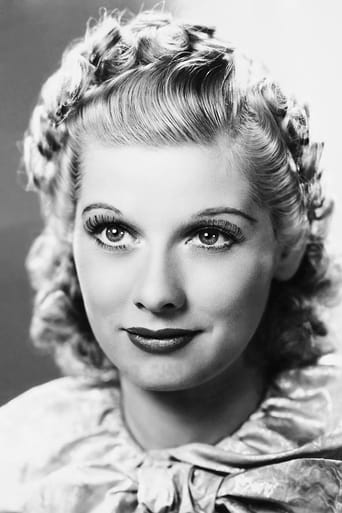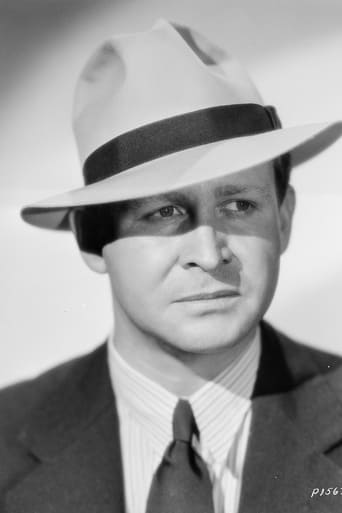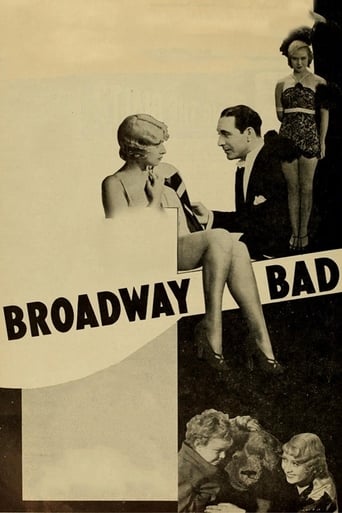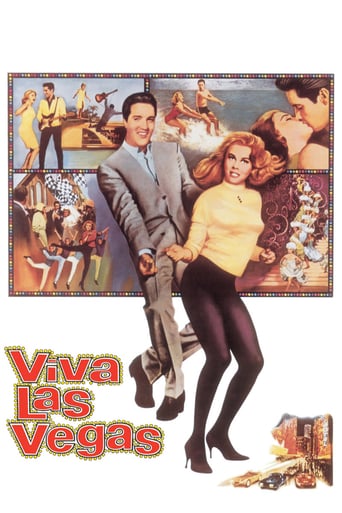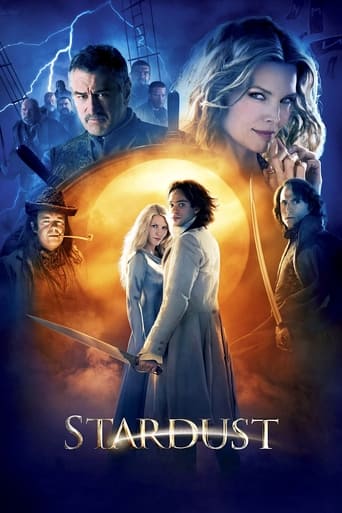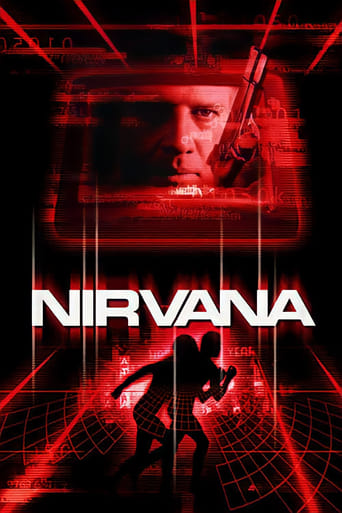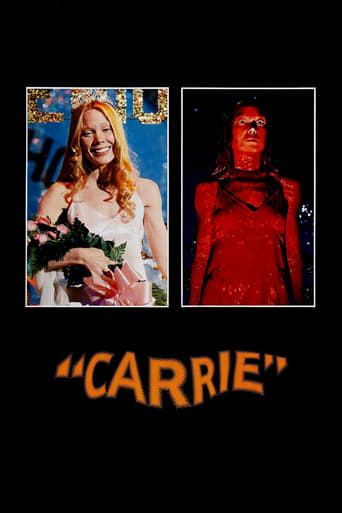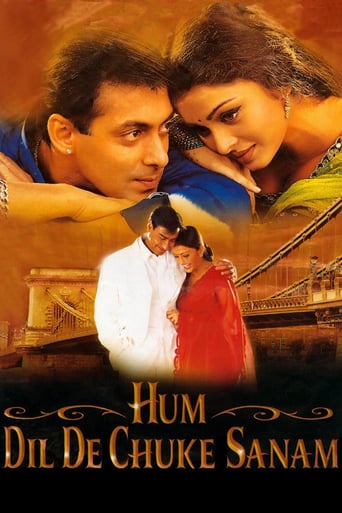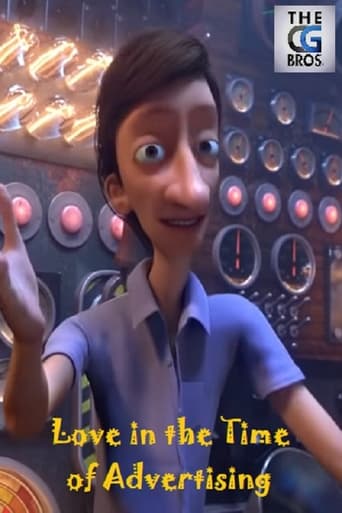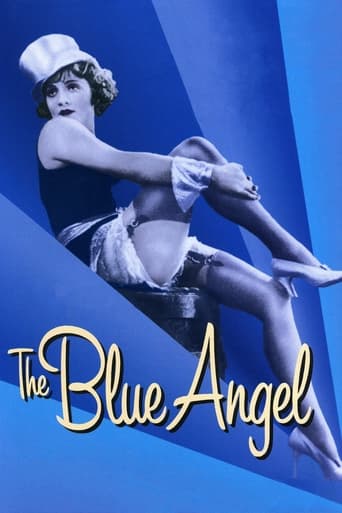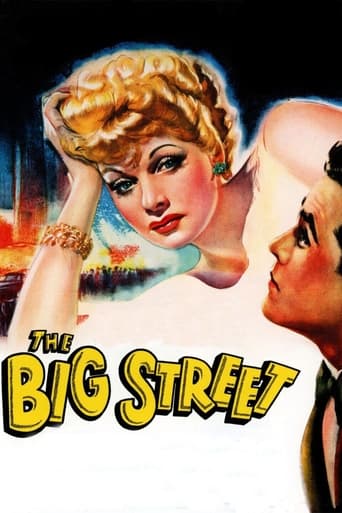
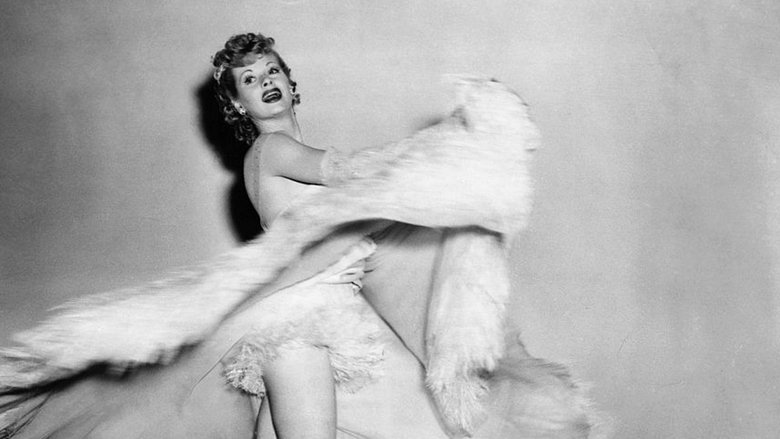
The Big Street (1942)
Meek busboy Little Pinks is in love with an extremely selfish showgirl who despises and uses him.
Watch Trailer
Cast


Similar titles
Reviews
For fans of Lucy, Ball's role here takes real getting used to. "Her Highness" character is shrewish and generally not very likable. Ball does, however, get to show some very real chops outside her usual comedic range. As a result, I've got a new appreciation of her as an actress as well as a comedienne.The movie itself is undermined by a weak central focus. Neither Ball's Her Highness nor Fonda's servile bus boy is easy to identify with. Thus, it's hard to sympathize with the overbearing HH even after she's crippled. Nor is Little Pink's (Fonda) utterly selfless devotion understandable given the imperious way she treats him. As a result, the movie's core flounders. A charitable view might take the movie as a fairy tale where the unlikely bus boy, a prince in his sudden formal wear, rescues the crippled princess if only for a moment.Of course, being a Damon Runyon creation, there's the usual number of street-smart Broadway mugs. So the margins shine with such colorful types as Palette, Levene, Collins, et al. Also, catch dragon lady Agnes Moorehead in a rare sympathetic role (Shumberg); plus premier eccentric Hans Conreid as the grumpy headwaiter. And for folks interested in 50's TV, there's Wm. T. Orr as handsome socialite Decatur Reed. This is the same Orr who produced many of the popular hour-long TV shows of the late 50's, such as Maverick, 77 Sunset Strip, Lawman, et al. I've seen his name for years, never thinking he might show up on screen. All in all, the only reason to catch this 80-minute pastiche is for Lucy's surprising performance and the colorful peripheral characters. Otherwise, it's pretty forgettable, especially for fans of Fonda.
To laugh at Lucy is not to know her as a dramatic actress, and in this Damon Runyeon drama, she is at her dramatic, bitchiest best. The wise-cracking girl of "Stage Door" (1937) has grown up, and here she is a gangster's moll nightclub singer. Busboy Henry Fonda is enamored of her to the point where he refers to her as "Your Highness", a nickname Lucy's maid Louise Beavers goes mad over. "Coming, Your Highness!" she responds to Ball's "Hey Ruby, move your big fat feet!", Beavers adding on that boisterous laugh that jolts her own heart full of gold. But to Lucy, Fonda's "Little Pinks" has a heart full of mush, something she'll need when her "daddy" (Barton MacLane) pushes her down a flight of stairs after she threatens to leave him and blames it on the fact that she was drunk. Her Broadway pals all disappear on her with the exception of Fonda and Beavers. Broke and desperate, Ball moves in to Fonda's small apartment, continues to abuse him, and lives off the champagne and caviar that he scrapes together nightly so she can continue to live in her dream world. Her desire is to go to Florida so she can see the man she really loves (William T. Orr), a socialite bore not worthy of her time. Fonda quits his job and pushes her there in her wheel chair, where his pals Violet (Agnes Moorehead) and Nicely Nicely Johnson (Eugene Palette) have opened a ocean front burger dive. It is there that Ball learns the true meaning of total unselfishness, something she had earlier been ignoring in her own spirit.Yes, the idea of Henry Fonda pushing Lucille Ball from New York to Florida in a wheelchair might sound absurd, but somehow, the movie pulls it off. To see Lucy playing such a hard character might be difficult for her comedy fans to accept. More than 20 years after her death, Lucy still reigns as TV's top female clown. But before that, she had a very versatile movie career, singing and dancing in "Best Foot Forward" and "DuBarry Was a Lady", and clowning around Lucy Ricardo style in "Her Husband's Affairs" and "The Fuller Brush Girl". This is Lucy at her cinematic best. Henry Fonda seems a bit out of sorts as the busboy whose unrequited love for her goes unnoticed. Two years after his dramatic triumph in "The Grapes of Wrath", this is almost a step down for him, but he does so with noble results. And that supporting cast. Wow. Agnes Moorehead goes from the shy Violet who replaces Eugene Palette in an eating contest to his nagging wife, and is very funny. Palette is adorable here, playing Nicely Nicely much different than Stubby Kaye would later do on Broadway and in the film version of "Guys and Dolls". MacLane is appropriately mean, Beavers loving, and Ray Collins the Greek Chorus of the plot. Add on Marion Martin as a Florida socalite and Sam Levene, who would be Nathan Detroit 8 years later when "Guys and Dolls" made it to Broadway. All in all, this is a film that can't be skipped.
I actually found a lot of "The Big Street" to be a little flat: it seemed like not much happens in large portions of it. But otherwise it's an OK movie, as meek busboy Pinks (Henry Fonda) has an unrequited love for sassy singer Gloria (Lucille Ball). After Gloria's gangster boyfriend (Barton MacLane) pushes her down the stairs and paralyzes her, Pinks takes care of her, wheeling her all the way down to Florida! So while the movie has some good spots, I thought that it wasn't as interesting as it could have been. One thing that might pique people's curiosity about it is the idea that Lucille Ball (presumably in the persona of Lucy Ricardo) co-stars with Barton MacLane (Gen. Peterson on "I Dream of Jeannie") and Agnes Moorehead (Endora on "Bewitched").So, you can see "The Big Street" if you want, but it's not the movie that I would recommend above all others. A movie in which Ball was really good was the film noir "The Dark Corner".
Lucille Ball plays something of a she-monster with almost no redeeming values in this implausible romantic drama about what can only be addressed as masochistic love. The person from whom this kind of sick emotion stems from is Agustus Pinkerton, a.k.a. "Little Pinks" (Henry Fonda), a man who works as a busboy at the nightclub where Gloria Lyons, a.k.a. "Your Highness" (Ball) works as a showgirl. She's way out of his league; he loves her from a distance. She could notice him less; he has made her his world and reason of existence. She flirts with men left and right; he only has eyes for her. Can you just see the romance blooming like the Rites of Spring?The plot thickens: Gloria gets into an altercation with her gangster, Case Ables (Barton MacLaine) that lands her at the low end of a flight of stairs where she debuts in her newly created role as a cripple (not that she wasn't already, albeit one on the inside). Little Pinks, previously little more than an observer, steps up and takes her in, wanting to (symbolically) Make Her His Woman despite her brittle demands that he leave her alone. However, here is where the story takes an odd turn: Little Pinks is so fixated in Gloria's (selfish) happiness that he is willing to transport her (for lack of a better word) to Florida so she can resume her relationship with another man.Leopold von Sacher-Masoch couldn't have written a more tender story. All that is missing here are the whips and chains and an assortment of kinky accoutrement. It's really not Ball's or Fonda's fault that this dismal, Kleenex-happy movie is a travesty of a melodrama. Ball committed herself tooth and nail to a role handed down to her by recently deceased pal Carole Lombard (one wonders how Lombard might have handled this nasty role). Fonda was a great actor who could convince you he was as noble as he is here. This is what really matters, and is a postulate that Bette Davis herself was known to obey: that a movie, no matter how awful it would look, should be remembered more for the quality of the actors' performance. THE BIG STREET is that kind of movie: one that is laughable in its contrivances, but that boasts two really fearless performances, most notably Ball cast completely against type since she is still regarded as America's Favorite Crazy Redhead.



